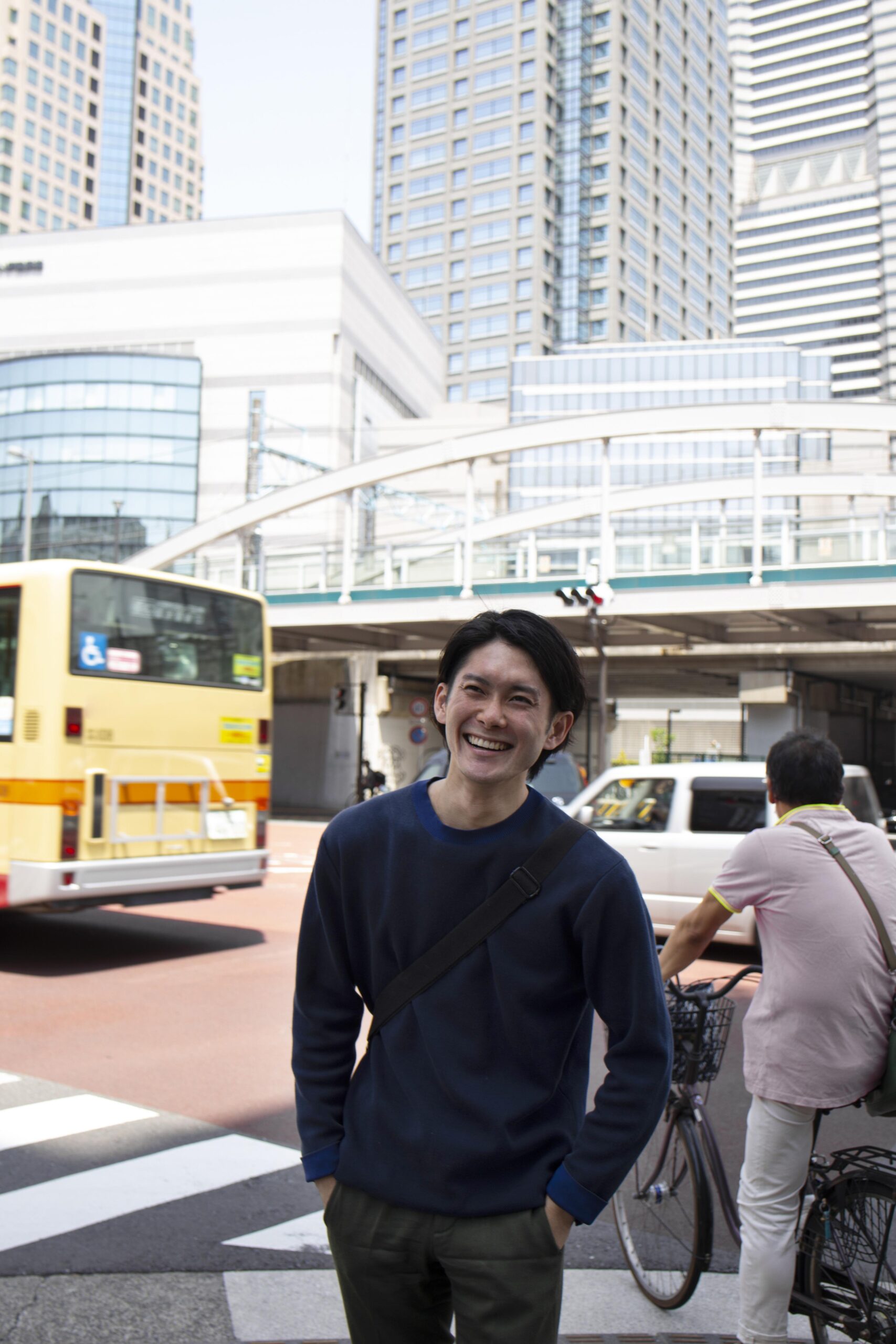
Jakarta Unpacked: A Survival Guide for Expats
Kehidupan di perantauan • 8 November 2025
Living in Jakarta as an expat offers a vibrant, fast-paced lifestyle, but it comes with unique challenges like traffic, climate, and cultural nuances. Preparation is the key to thriving in Indonesia’s capital.
City Life & Culture

Jakarta is nicknamed “The Big Durian” — a nod to its intense, polarizing charm. It’s a sprawling metropolis with over 11 million residents in the city proper and 30+ million in the Greater Jakarta area. Cultural diversity is rich, with a mix of Javanese, Sundanese, Chinese Indonesian, and expat communities. Indonesian is the official language, but English is widely spoken in business and expat circles.
Traffic & Transportation
- Traffic congestion is notorious. Commutes can be long, so living close to work or school is ideal.
- Public transport is improving with the MRT, TransJakarta buses, and commuter trains offering more reliable options.
- Ride-hailing apps like Gojek and Grab are essential for daily mobility.
Climate & Environment
Hot and humid year-round, with a rainy season from November to March. Dress light and stay hydrated. Air pollution can be an issue, especially during dry months. Many expats use air purifiers at home.
Housing & Neighborhoods
Popular expat areas include Kemang, Menteng , Pondok Indah, and SCBD — known for international schools, amenities, and safety. Apartments and gated communities are common choices, often with security and facilities like pools and gyms.
Healthcare
Private hospitals are preferred by expats due to higher standards and English-speaking staff. International insurance is highly recommended.
Education
Jakarta has a range of international schools (British, American, Australian, and IB curricula). Admission can be competitive and costly, so plan early.
Food & Lifestyle
Local cuisine is flavorful and affordable, with dishes like fried rice, satay, and gado-gado. Western groceries and restaurants are widely available, especially in expat-friendly areas. Nightlife, malls, and cultural events offer plenty of entertainment options.
Legal & Practical Matters
Work permits and KITAS (limited stay permits) are required for long-term stays. Banking is straightforward, but opening an account may require a local sponsor or employer assistance. Cash is still king, although digital wallets like GoPay and OVO are gaining popularity.


